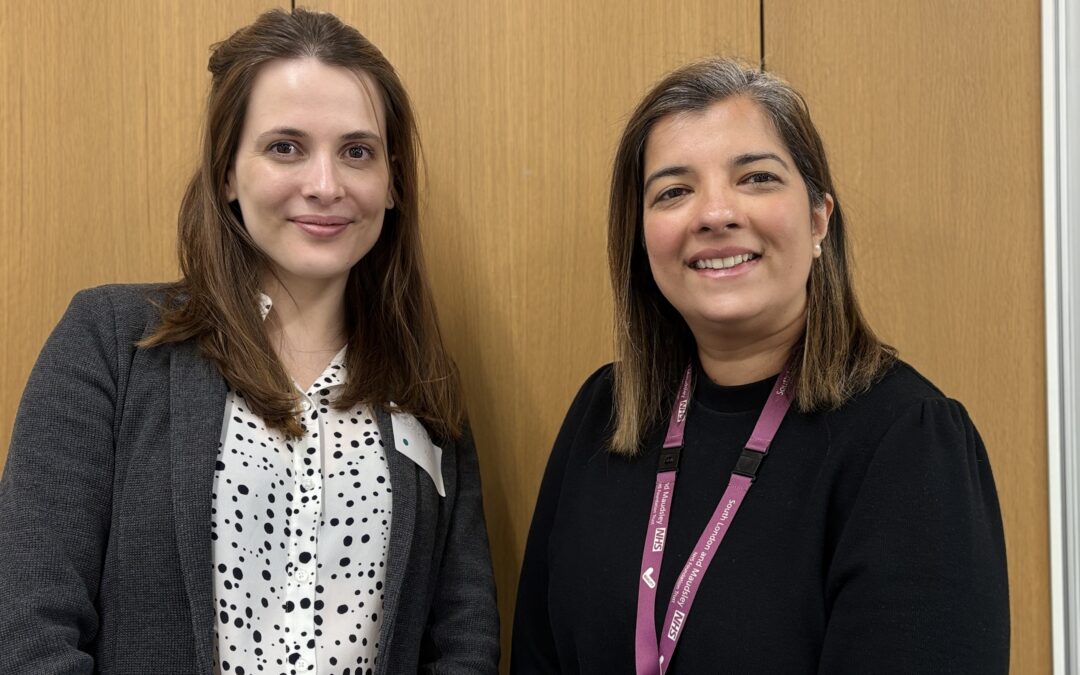
Creating Connection: Launching the Affective Disorders Community of Practice
Creating Connection: Launching the Affective Disorders Community of Practice
That sentiment, shared during our inaugural meeting, perfectly captured the energy in the room. Last month, the King’s Maudsley Partnership launched a brand-new Affective Disorders Community of Practice—a space for clinicians, researchers, and service partners to come together and improve care for children and young people experiencing mood and affective disorders.
Why this Community matters
Across CAMHS and academic settings, there’s a wealth of expertise in treating and understanding conditions like depression and anxiety in young people. But these insights can sometimes remain siloed with research not always filtering into day-to-day care, and frontline experiences not always shaping academic studies.
That’s where this Community of Practice (CoP) comes in. It’s designed to break down those barriers, helping us build stronger bridges between research and reality. It’s a space to explore shared challenges, generate ideas, and collaborate on new ways to support young people and families.
What we heard in the room
The launch event was about more than structure and plans—it was a space for reflection and connection. Here’s what stood out:
- A hunger for collaboration
Attendees spoke about the value of meeting others across services and disciplines. Whether it was someone new to the field or a seasoned clinician, there was a shared enthusiasm for building relationships that last beyond a single meeting.
- Turning ideas into impact
There was strong interest in co-developing research that feels real and relevant, projects that respond to clinical questions and make a difference on the ground.
- Building with purpose
People didn’t just want to benefit from the CoP—they wanted to shape it. There was real curiosity around how to build something sustainable, inclusive, and useful to everyone involved.
What’s next?
We’re just getting started, but already, the group has started to shape what’s to come:
- Collaborative research development
Interactive sessions like mind-mapping and co-planning workshops to turn ideas into action.
- Resource and information sharing
A mailing list will help keep everyone connected with updates on funding opportunities and events.
- Inclusive, flexible formats
We’ll explore hybrid and online sessions so more people can join.
- Support for everyone
Whether you’re new to research or deeply embedded in it, the CoP will offer guidance and opportunities to get involved, no matter your role or level.
Get Involved
The Affective Disorders Community of Practice is about building something together with curiosity, care, and collaboration at its heart.
Interested in joining us? Contact us at pmcyp@slam.nhs.uk
Let’s shape the future of children and young people’s mental health together.
Categories
Follow Us
For the latest updates and news, follow us on our social channels.

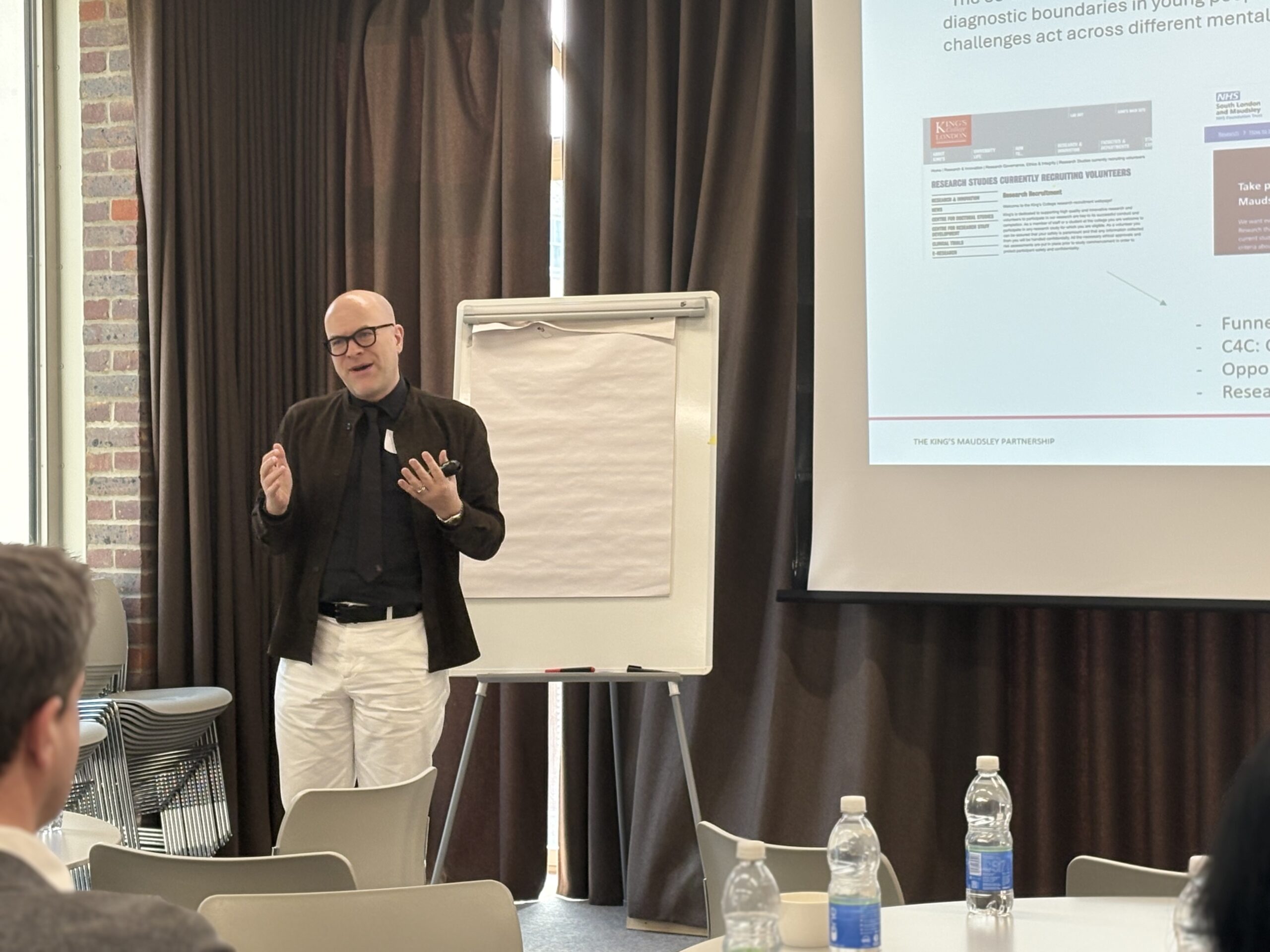
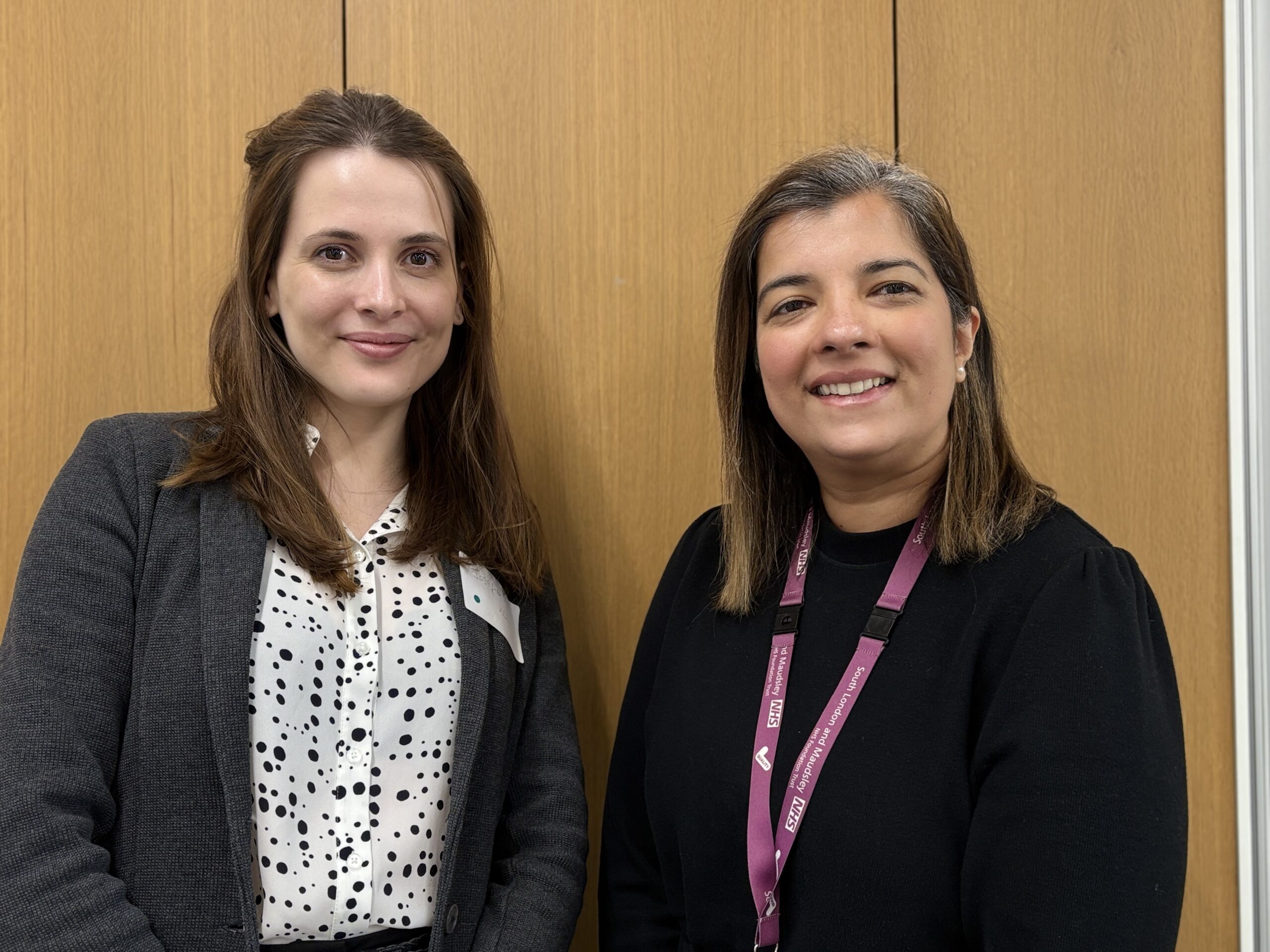
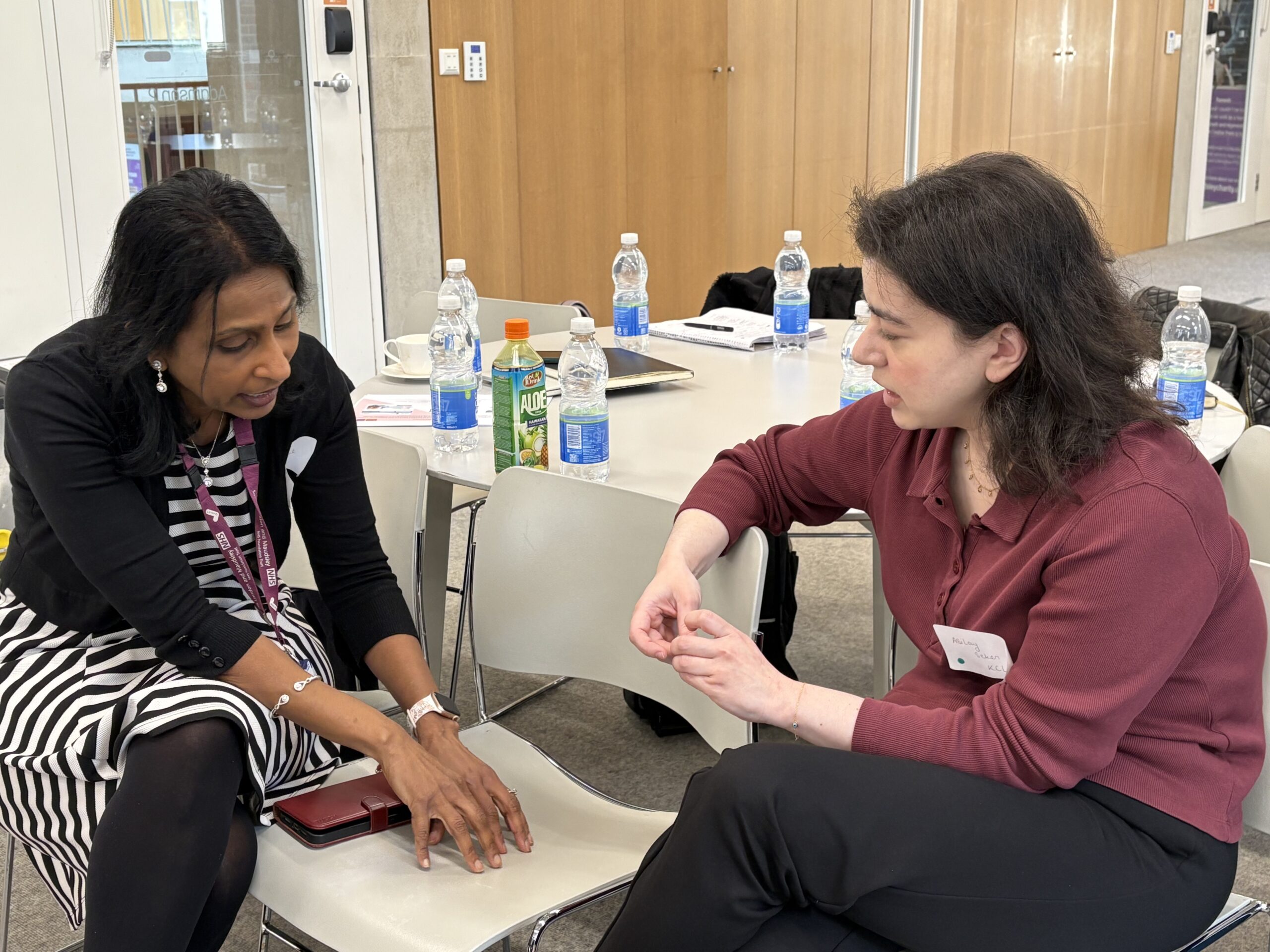
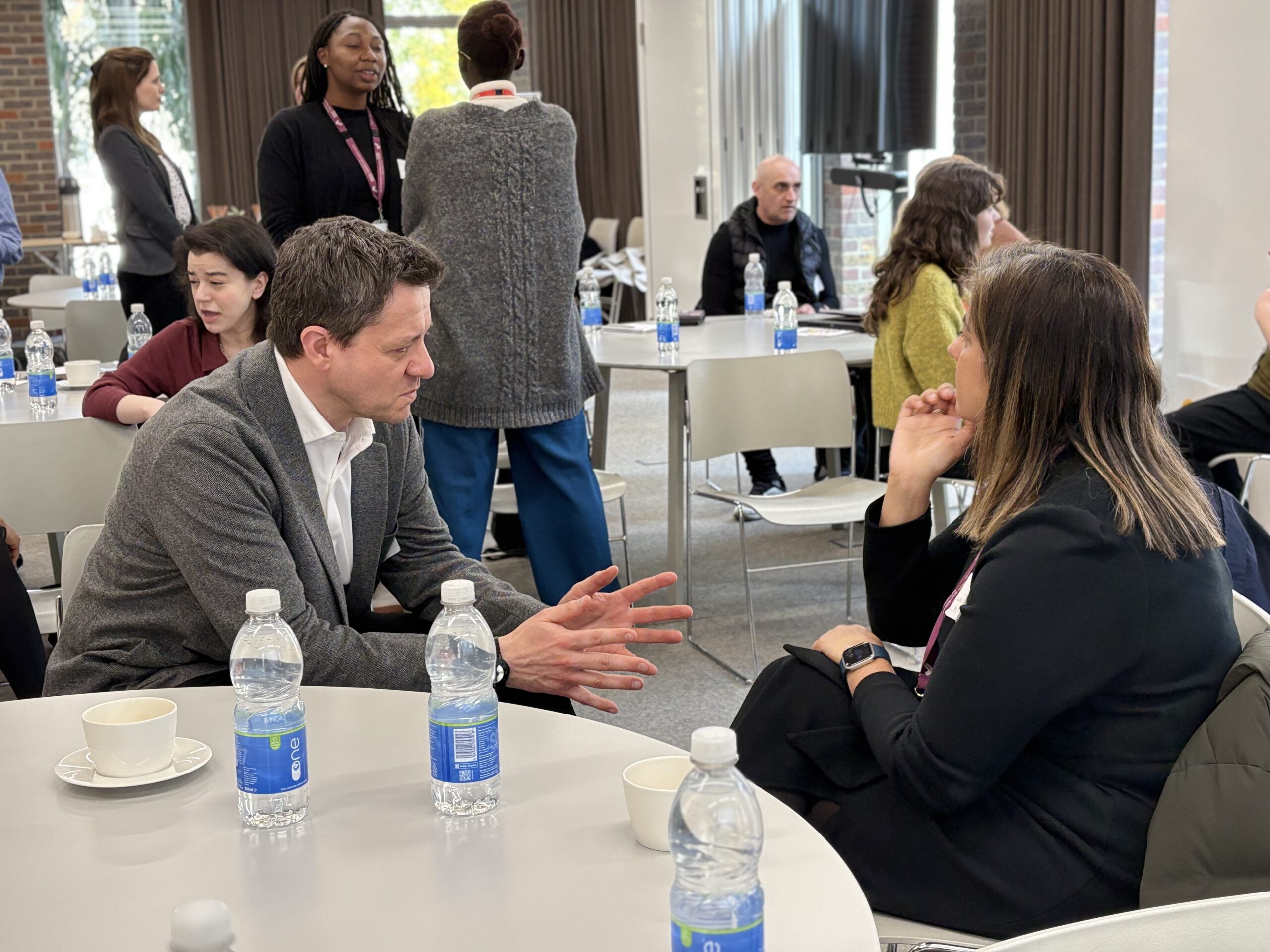
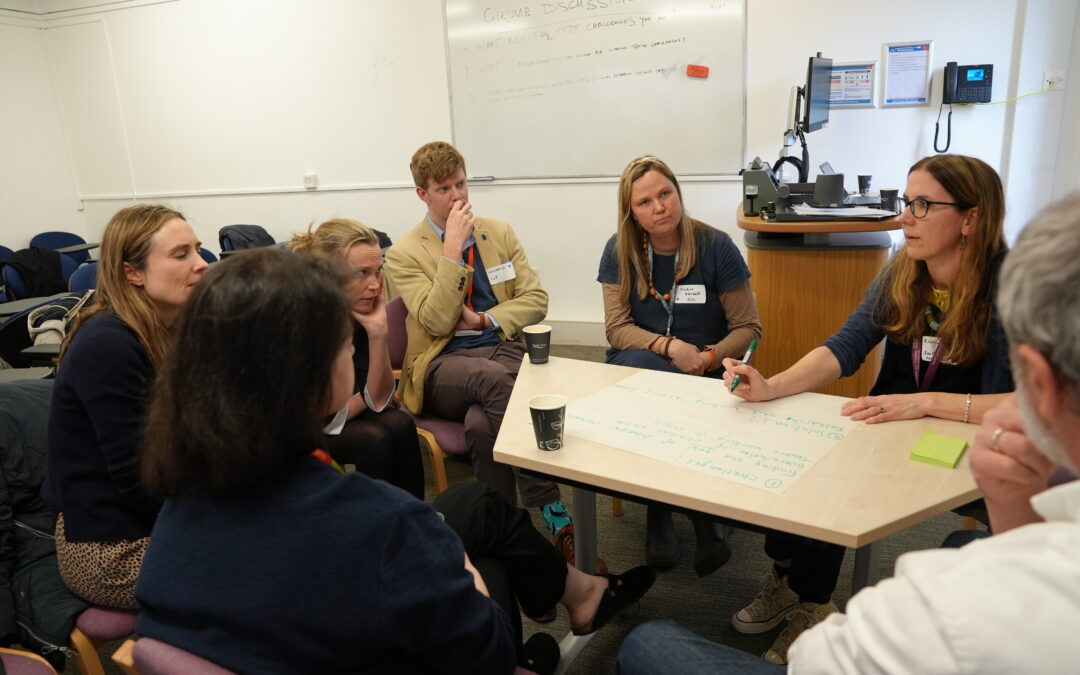
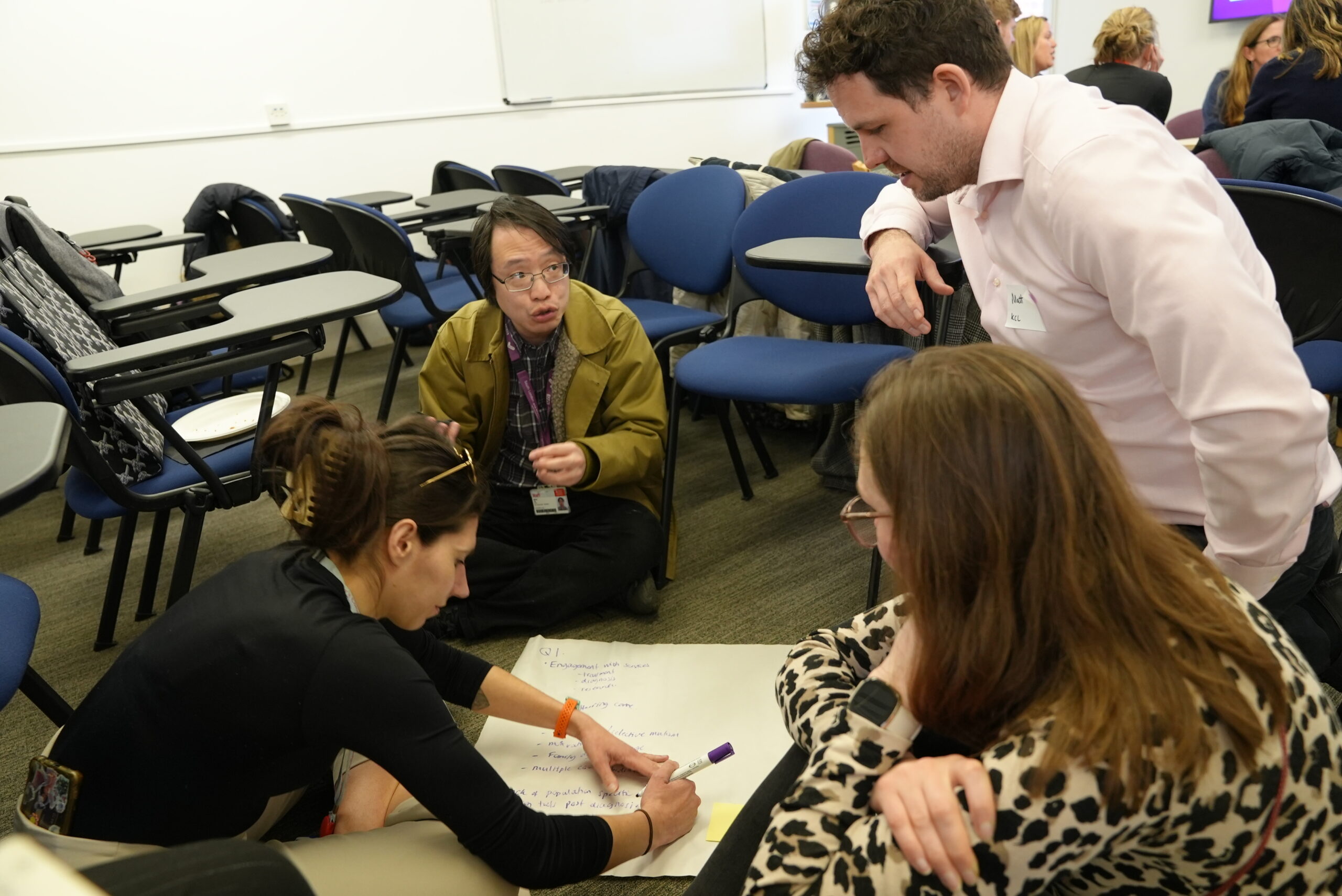
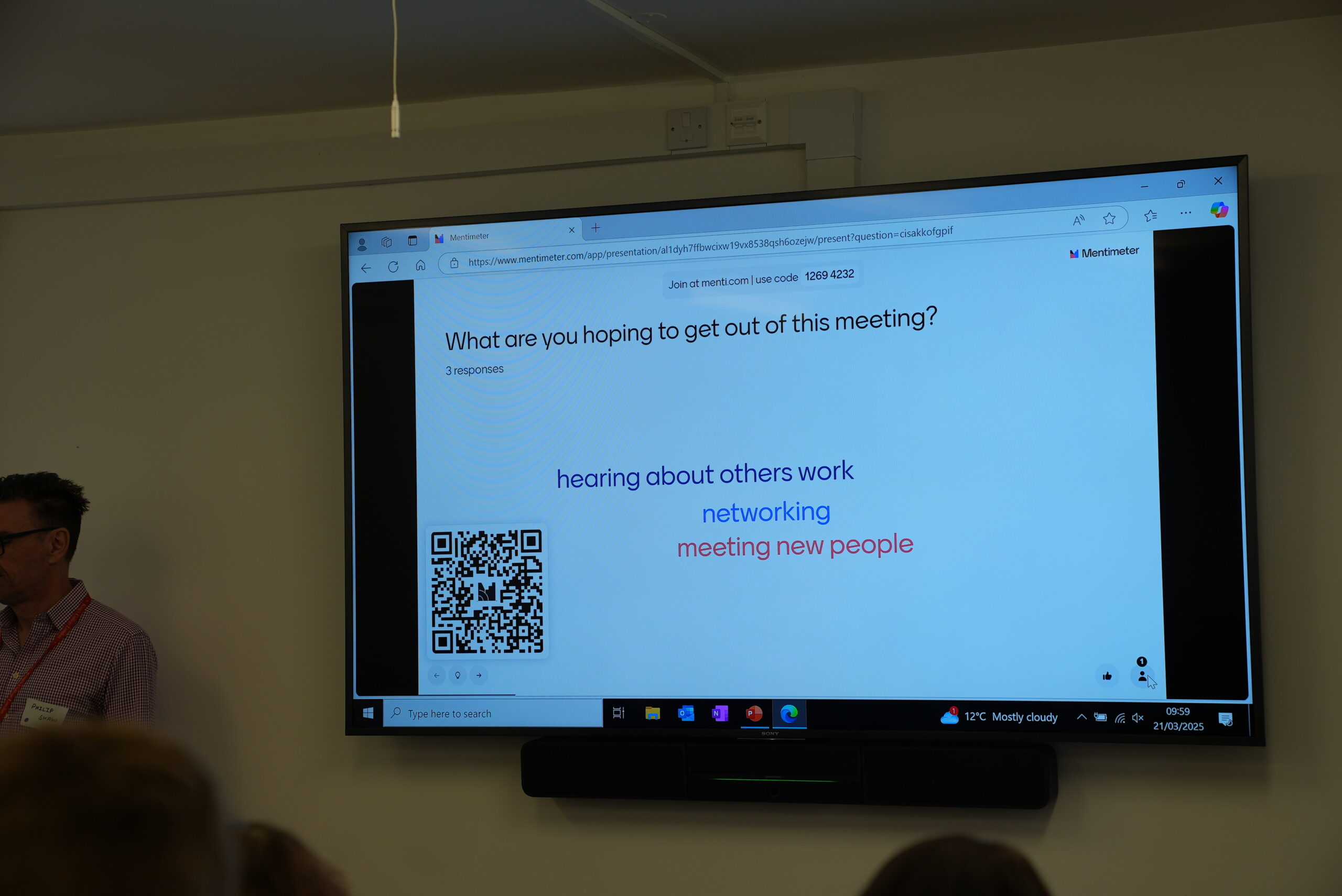
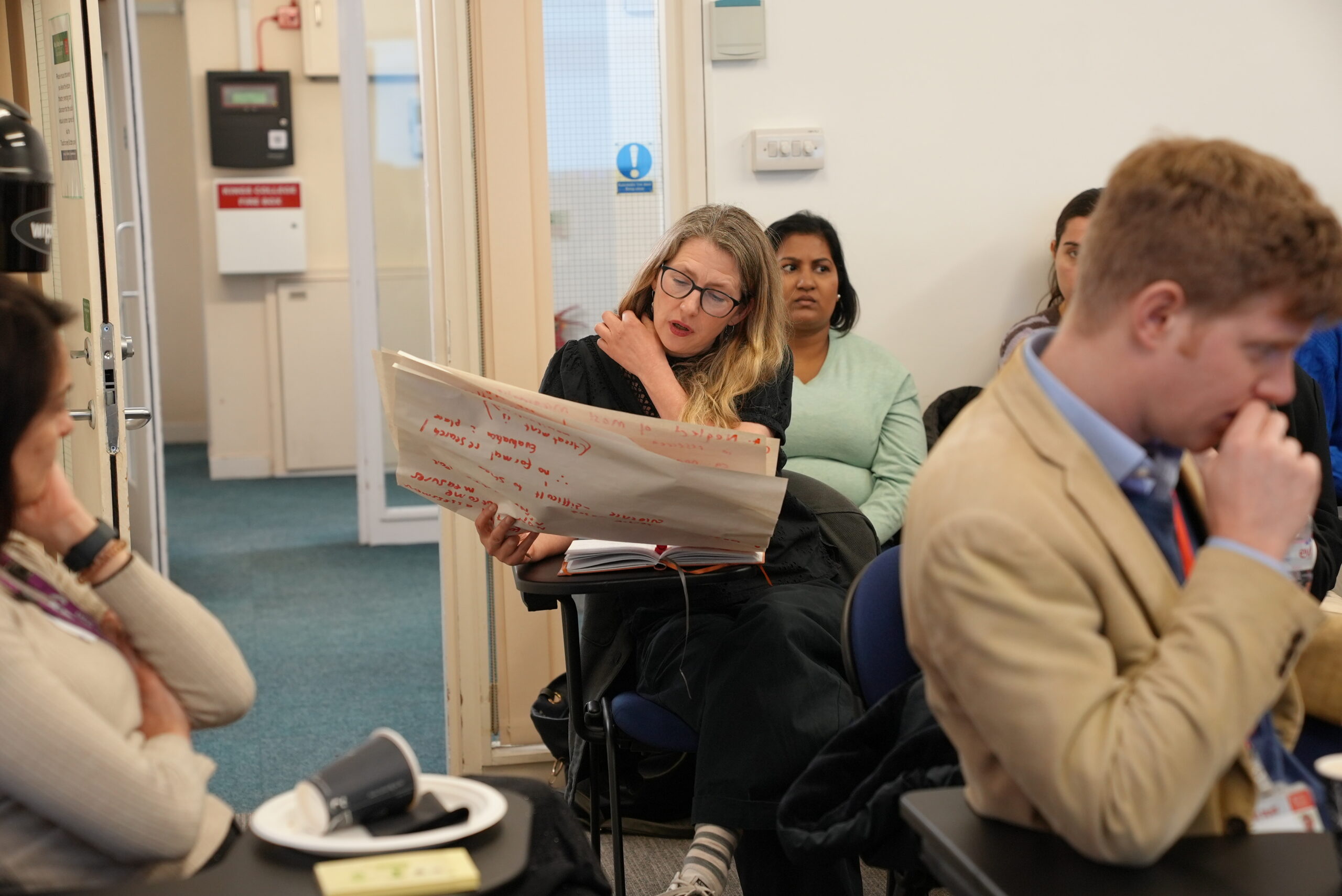
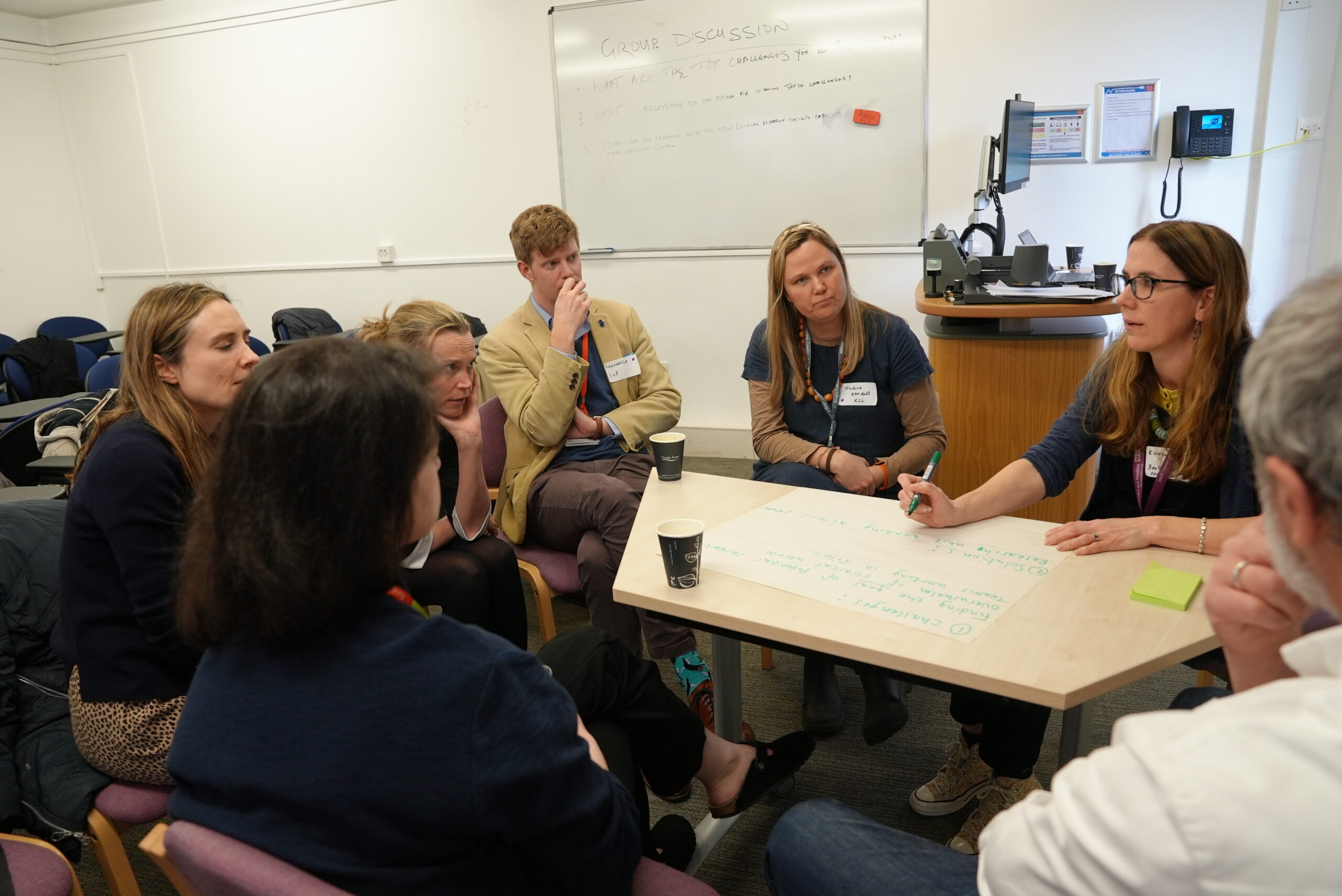
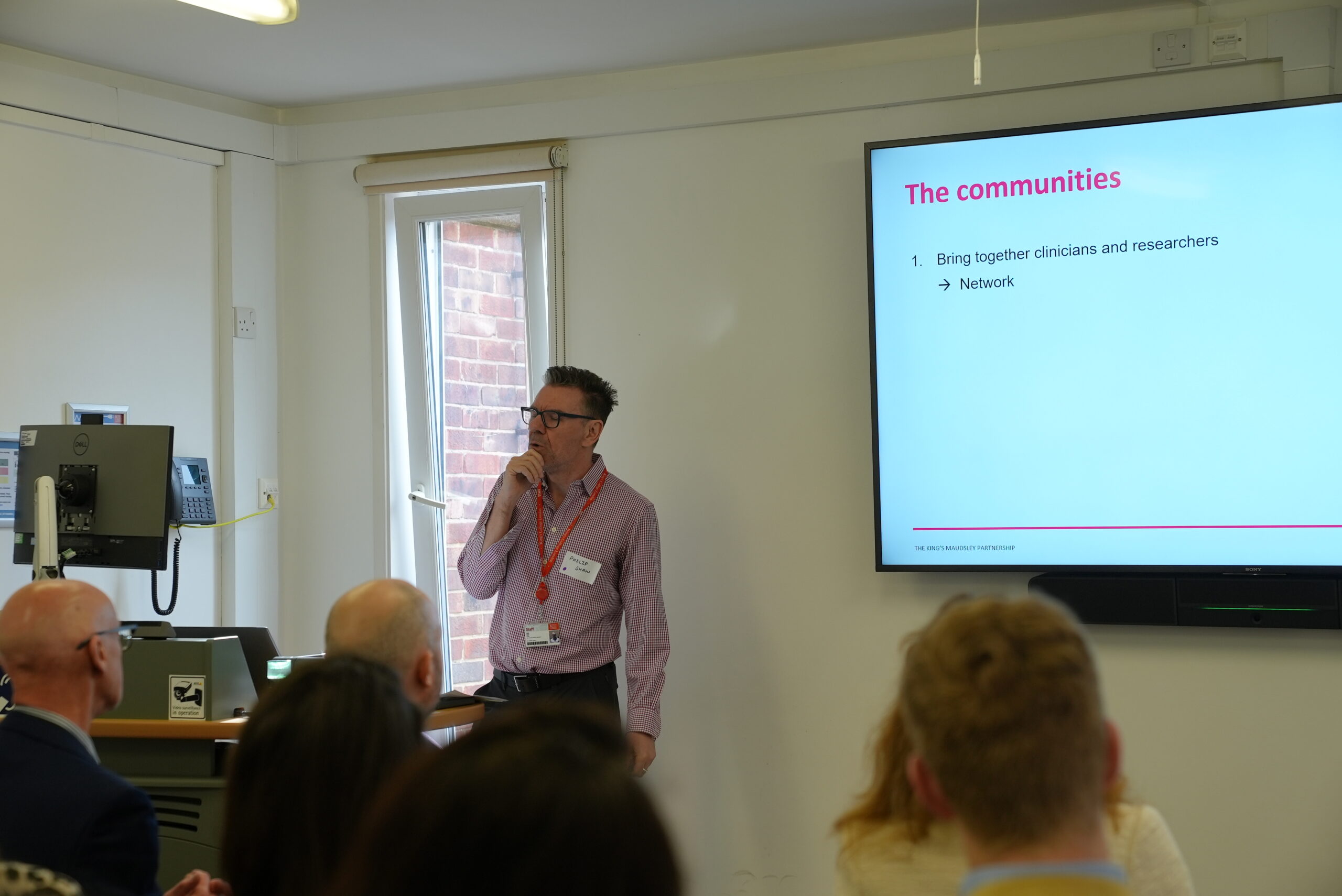
Recent Comments